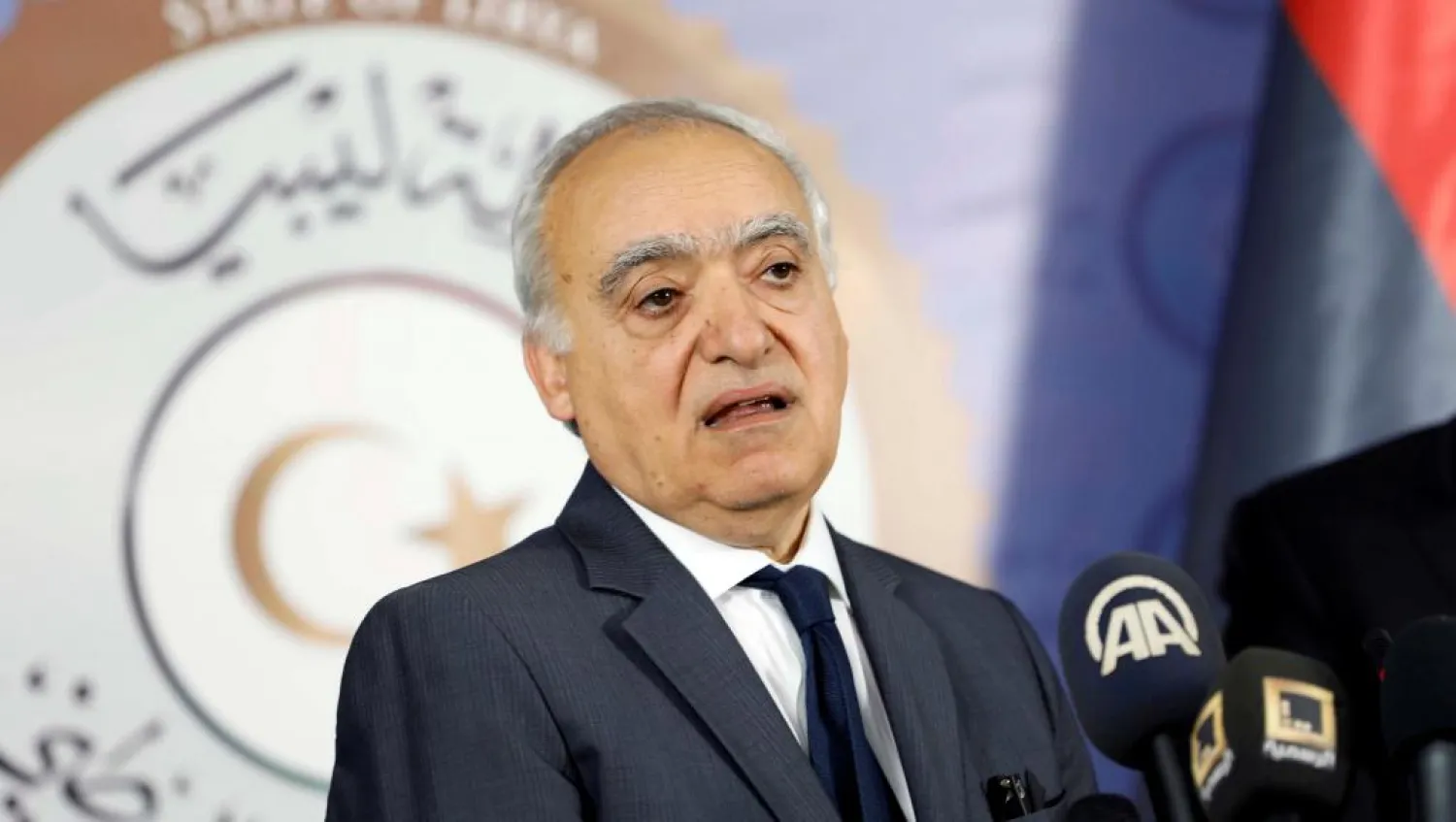United Nations envoy to Libya Ghassan Salameh stated on Saturday that the second round of dialogue between the disputed Libyan factions led to agreements on some issues and disagreement on others.
He stressed during a press conference in Tunisia: “The delegation will work on drafting all issues of agreement and resolving pending points.”
The joint parliament and higher state council drafting committee has been convening in order to amend the Skhirat agreement.
Salameh said that members of the joint committee will return to Libya on Sunday.
He hailed the positive atmosphere that pervaded the meeting, voicing the delegation’s commitment to implement the work plan that was proposed by the special representative on September 20.
The plan, which was adopted by the UN Security Council, calls for staging free and transparent elections within a year of their announcement in order to end the political deadlock in Libya.
“There is room for understanding on all points of the plan … but there remain some issues that need to be discussed with the political leaderships,” Salameh explained.
An informed source told Asharq Al-Awsat that “some tensions” were witnessed at the talks, revealing that each side remained committed to their interests in regards to nominating candidates to the new presidential council.
The council will be formed of a president and two lawmakers.
The Skhirat agreement was signed in Morocco in December 2015.
Prior to Saturday’s meetings, Salameh had received criticism from residents of southern Libya because he had failed to visit them during his recent tour of the western region.
In a televised address to the South, he said: “Everyday, I become more aware of the major challenges you are facing.”
He highlighted the southerners’ national role in preserving Libya’s unity, acknowledging their needs and recognizing that the aid provided by UN agencies is still not enough.









